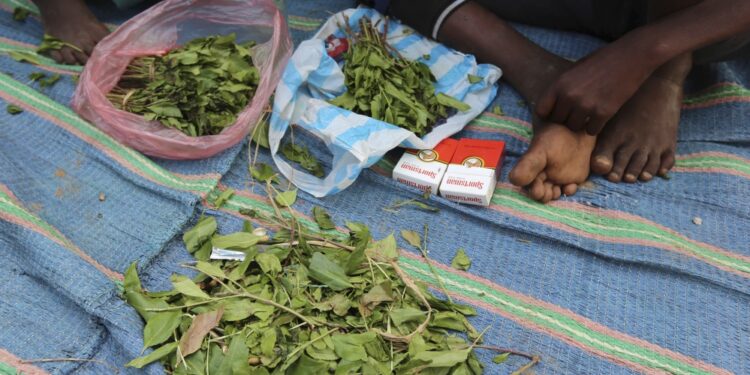It is said that when elephants fight, it is the grass that suffers, and in Uganda, the weight of unemployment continues to crush young people, forcing them to take desperate measures. In a country where finding a job has become like searching for a needle in a haystack, university graduates are now riding boda-bodas, well-educated young women are resorting to commercial sex work, and the few who try vending their wares on Kampala’s streets are swept away without mercy.
Officials, in their mission to keep the city clean and meet “world-class” standards, are sparing no effort in chasing away struggling vendors.
Yet, while Ugandans bear the brunt of strict regulations, a troubling sight unfolds in areas like Kisenyi, Kabalagala and Kansanga. Here, foreigners, many of them illegal immigrants, operate freely, engaging in small businesses without proper documentation or licenses. A local saying goes, “While the lizard dances freely, the chameleon watches in envy,” and indeed, this unequal treatment has left many Ugandans angry and bewildered.
These foreign traders, often seen dressed in kanzus or brown veils, sell khat, operate bars, and run shops selling various items, including drugs, just a stone’s throw from the city center. Ugandans, however, feel the pinch of the law when they try to engage in similar ventures. “The early bird catches the worm,” but in this case, it seems the foreigners are the ones reaping the benefits while locals are kept at bay.
The outcry is growing louder. One frustrated Ugandan, Chrispus Buule, took to social media platform X, writing: “Who allows Eritrean/Somalian refugees to engage in retail businesses in a country where we are grappling with unemployment? I’m not anti-immigrant, but the number of undocumented immigrants in Kabalagala/Kansanga is worryingly high; some are selling khat and others drugs.”
It is high time for the government to act and address the cries of its people. The pot cannot call the kettle black, yet the authorities must ensure fairness in their dealings. Ugandans, already suffering from a lack of jobs, are wondering why the law only seems to come down hard on them, while others, seemingly shielded, go about their business unbothered. As the saying goes, “A stitch in time saves nine,” and urgent intervention is needed to restore hope and fairness to the streets of Kampala.
Do you have a story in your community or an opinion to share with us: Email us at editorial@watchdoguganda.com













